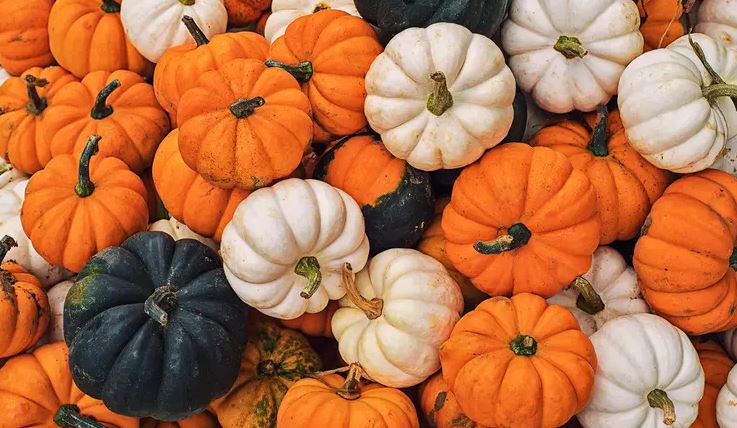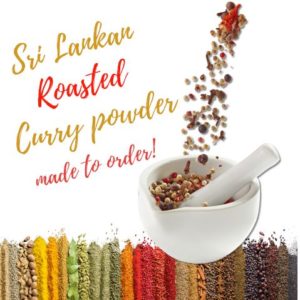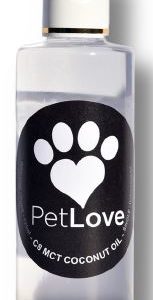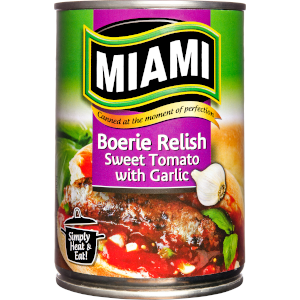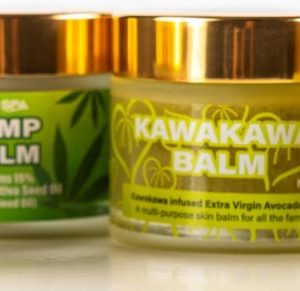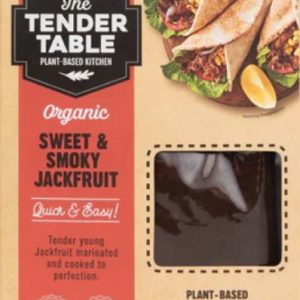What Is Pumpkin?
Pumpkin is a member of the cucurbitaceae family and is one of hundreds of species of plants more commonly called gourds. Its relatives include watermelon, cucumber, and squash.
Pumpkins are highly nutritious, containing proteins, carbohydrates, carotenoids, vitamins, and minerals. As a healthy and versatile food ingredient, pumpkin improves many recipes with its taste and is a pop of color on your plate.
Is pumpkin a fruit or a vegetable?
Technically, a pumpkin is a fruit because it comes from the seed-bearing part (ovary) of a flowering plant, but many people treat it as a vegetable because of its more savory taste.
You can eat both the hearty flesh and delicious seeds of this large fruit. Pumpkins are often combined with spices, such as nutmeg and cinnamon, to flavor desserts and seasonal beverages.
In the autumn months, pumpkins are readily available in stores and at farms. They’re also available year-round as a canned puree. Canned pumpkin offers the same health benefits as fresh pumpkin, making it quick and easy to add pumpkin to recipes year-round. Pumpkin seeds are typically roasted and sold separately as a snack or topping.
Pumpkin types:
- Crown grey pumpkin. Crown pumpkin is distinguished by its unusual blue/grey skin colour which dramatically contrasts with its deep orange flesh.
- Butternut squash.
- Buttercup pumpkin.
- Spaghetti squash.
- Kabocha Squash.
- Kamokamo pumpkin/Kumi Kumi.
Pumpkin comes in many shapes, sizes, colors, and weights. Some pumpkins weigh less than a pound and are more ornamental than edible, while others grow to more than 1,000 pounds. Those around 10-25 pounds may be carved for jack-o’-lantern Halloween decorations or used for baking pies.
Some other pumpkin varieties include:
- Standard orange
- Small, weighing 1/2 to 2 kilos. Types: Baby Bear, Baby Pam, Small Sugar or New England Pie, Spooktacular, Sugar Treat, and Winter Luxury
- Intermediate, weighing 3 to 10kg. Types: Autumn Gold, Bushkin, Frosty, Funny Face, Harvest Moon, Jack-o-Lantern, Spirit, and Young’s Beauty
- Large, weighing 12 to 15kg. Types: Aspen, Big Autumn, Big Tom, Connecticut Field, Ghost Rider, Happy Jack, Howden Field, Jackpot, Jumpin’ Jack, and Pankow’s Field.
- Rouge Vif d’Estampes, a deep red-orange pumpkin. This pumpkin is sometimes called the “Cinderella” pumpkin because it inspired Cinderella’s carriage.
- Jumbo, which weigh 20 to 40kg or much more. Types: Atlantic Giant, Big Max, Big Moon, Mammoth Gold, and Prizewinner
- White pumpkins: Casper, Lumina, Snowball, and Little Boo
- Cushaw group: Golden Cushaw, Green-Striped Cushaw, Tennessee, and White Cushaw
- Naked-seeded: Trick or Treat (great for carving), Tricky Jack, and Triple Treat (cooks well)
- Processing pumpkins, used to make canned pumpkin: Buckskin, Chelsey, Dickinson Field, and Kentucky Field
- Miniature pumpkins: Baby Boo, Jack-Be-Little, Jack-Be-Quick, Munchkin, and Sweetie Pie
Health Benefits of Pumpkin
1. Pumpkins can improve your vision
Pumpkins are rich in beta carotene, an antioxidant that your body turns into vitamin A. Vitamin A helps sharpen your vision, allowing you to see more clearly in low light. It also helps support the health of your retina and cornea. Pumpkins are also high in vitamin C, which reduces your risk of developing macular degeneration and cataracts.
2. They lower your cancer risk
“Pumpkins are packed with nutrients and antioxidants, making them a cancer-fighting food, Because they’re rich in vitamin A, pumpkins also lower your risk for certain types of cancer, including prostate cancer and lung cancer. Additionally, pumpkins contain carotenoids, a pigment that functions as an antioxidant. Carotenoids may lower your risk of developing throat, pancreatic, stomach and breast cancer.
3. Pumpkins are a heart-healthy food
Pumpkins are rich in potassium, which can help regulate your blood pressure, lowering your risk for heart attach and stroke. They also contain vitamin C, fiber and antioxidants, which can help prevent heart disease and improve heart health.
4. They can give you an immunity boost
Incorporating pumpkin into your diet can help your immune system become more effective at fighting off germs. Pumpkins contain vitamins C and E, beta carotene, folate and iron, which all help strengthen your immune system.
5. They leave you feeling fuller for longer
Pumpkins are high in fiber but low in calories, which means they can help you feel full without increasing your overall food intake. Because they’re such a good source of fiber, pumpkins can also help curb your appetite.
The best way to reap the health benefits from this seasonal superfood is by avoiding high levels of sugar and artificial flavoring found in pumpkin-flavored treats. Instead, roast your pumpkin to make a savory soup or side dish. If you’re cooking or baking with pumpkin puree, look for the kind without added sugar.

